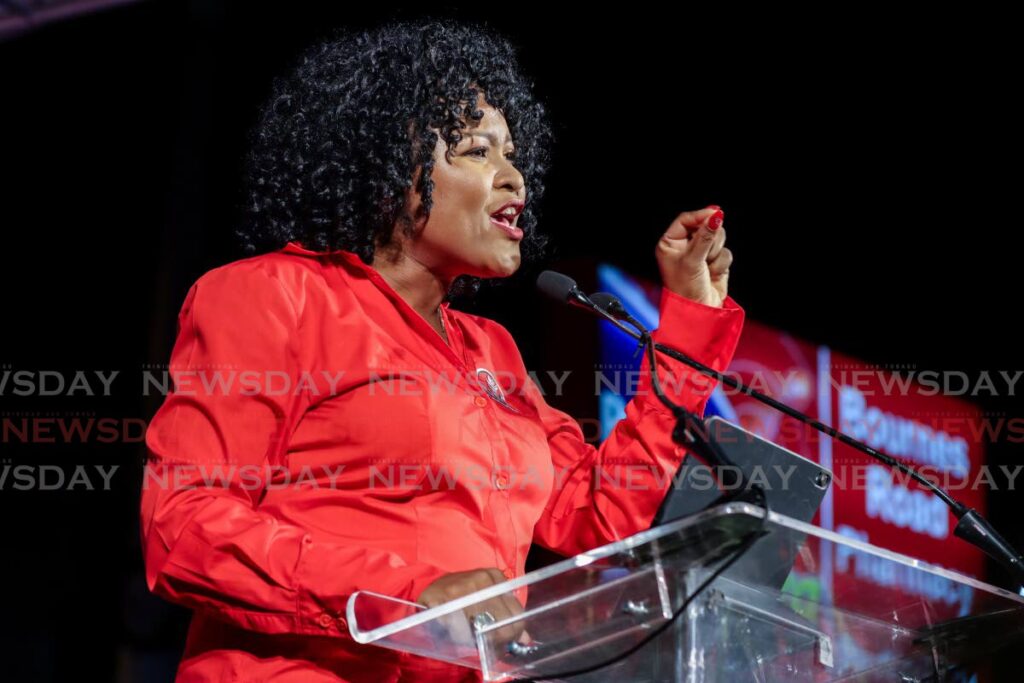Still teaching reading in primary schools?

OLABISI KUBONI
THE VACATION Revision Programme (VRP) that the Ministry of Education ran in mathematics, language arts and writing for some 3,000 primary school students has come to an end. Those students, who will be entering Standards 4 and 5 in September, were being taught by teachers who recently concluded training in remedial teaching in the three subject areas. Interestingly, those children were also involved in an after-school programme during the preceding academic year.
While this type of intervention may yield benefits on a small scale, it is doubtful how useful it is when dealing with such a large segment of the student population who seems to have a wide range of weaknesses and in more than one subject area.
So, why do the students need so much remediation? Talk on the ground is that children are not being taught basic reading and numeracy skills on entry into primary schools as they are expected to already have these skills prior to being admitted. One retired primary school teacher insisted that the admissions standard had gotten higher over time. While there is no concrete evidence to prove this, one wonders whether the 11-plus exam has influenced this upward shift in admission requirements. Is preparation for SEA beginning earlier and earlier?
How does all this affect children coming out of the Early Childhood Care and Education (ECCE) centres? Over the last several years, the ministry has highlighted the critical role that these centres can play in the physical, emotional, cognitive and psychological development of the pre-primary child. It has established centres throughout the country and ensures that privately-run ones meet its own standard.
However, while recognising its value, many express the view that ECCE centres do not adequately prepare children to enter primary school. It is believed that some schools turn away graduates of these centres while others place them at the end of their list; they are the last to be admitted. The children who have no difficulty are those who attend the conventional preparatory school (pre-school) where the teaching of basic reading and numeracy skills is the norm.
The pre-primary scenario is therefore a mixed bag. Some children do not attend any institution, or, if they do, not for any sustained period. Others are enrolled in an ECCE centre and yet others go to the conventional pre-school. Whatever their pre-primary experience, all must face the same criteria for entry into the primary sector, namely that they have already acquired basic reading and numeracy skills.
It would be interesting to take a closer look at a random sample of primary schools in one school district – Port of Spain and environs, for example. Such a sample may include Rosehill RC, Piccadilly Government, Beetham Government, Escalier Anglican, Sacred Heart Girls' RC, Richmond Street Boys’ Anglican, Gloster Lodge Moravian. What proportion of the intake into each of these schools comprise children who meet the expected entry requirements and what proportion does not? Further, is there a correlation between those who do not meet the entry requirements and those who are earmarked for remediation classes?
The fundamental problem with children who have not been taught basic reading skills at the start of formal schooling is that they lack the foundation on which to build more advanced language-using skills, like distinguishing between facts and opinions, making links between ideas, solving problems, drawing conclusions.
This situation cannot continue. I am therefore proposing the following:
* All five-year-olds to be admitted in September 2023, who do not meet the accepted admission criteria, be placed in a special preparatory class for at least one year before being transitioned to the first year of the formal primary school system.
* Trained teachers be drawn from the ministry’s existing pool to teach these children. This programme should be kept in place for a five-year period.
* An experienced, appropriately qualified senior educator be identified to provide leadership for this programme.
* All remedial programmes be discontinued. Students who do not meet the expected standards for their year group should spend an additional year at that level. This programme should also remain in place for five years.
Finally, the Government must immediately put measures in place to review and make appropriate adjustments for the upgrade of the entire education sector, inclusive of its pre-primary, primary and secondary sub-sectors.
Olabisi Kuboni is a specialist in open and distributed learning

Comments
"Still teaching reading in primary schools?"